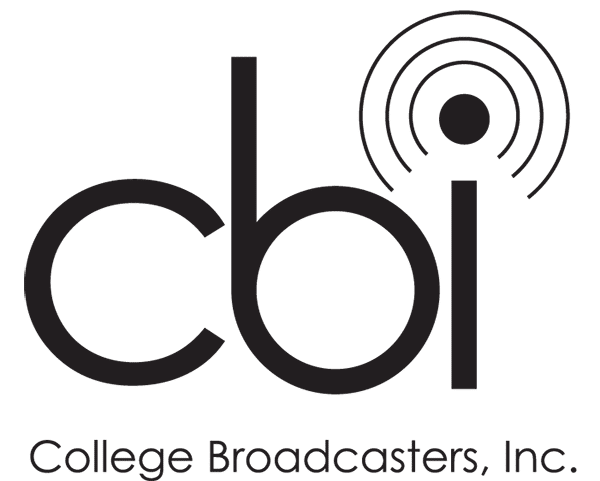CBI Webcasting Guide for Educational Stations
For the most up-to-date information, visit https://www.askcbi.org/cbi-webcasting-guide-for-educational-stations/
CBI realizes that the subject matter below may be confusing and welcomes questions via our contact page! We are here to help you! Keep in mind that these comments are not legal advice and that they only concern the 2011-2015 and the 2016-2020 rate periods for stations associated with a school and which are substantially staffed by students. In the 2011-2015, there may have been an advantage to some stations to use a different set of rates, but those rates have not been finalized yet. What we know now is that our agreement has been adopted and if you have used the previous agreement in the past, you can use the new agreement for 2016 through 2020.
In order to webcast, either as a webcast-only station or as a simulcast webcast of your broadcast station, you need to comply with certain requirements:
1. File a “Notice of Use of Sound Recordings under Statutory License” form with the Copyright Royalty Board (“CRB”), along with a $40 filing fee. This only needs to be done once. (Hint: Eligible nonsubscription transmission service for item 6 a and b). If you are unsure if your station has already filed the notice and fee, you may check the Copyright Office web site.
2. Each year, you will need to pay SoundExchange the minimum annual fee of $500.[fusion_builder_container hundred_percent=”yes” overflow=”visible”][fusion_builder_row][fusion_builder_column type=”1_1″ background_position=”left top” background_color=”” border_size=”” border_color=”” border_style=”solid” spacing=”yes” background_image=”” background_repeat=”no-repeat” padding=”” margin_top=”0px” margin_bottom=”0px” class=”” id=”” animation_type=”” animation_speed=”0.3″ animation_direction=”left” hide_on_mobile=”no” center_content=”no” min_height=”none”][1] The fee is due on a calendar year basis, with fees due by January 31 of each year. For 2016, you will need to complete the Minimum Fee Invoice for Noncommercial EDUCATIONAL webcasters. Keep a copy as SoundExchange will not acknowledge receipt of your payment. You may also, for the first time, pay on-line at licensee direct. You may start webcasting at any time, but you must submit the appropriate form within 45 days from the end of the month in which you start webcasting. As of this writing, there are no other options available which might offer better terms or rates. That may change as the rates and terms for other services should be announced any day. That impacts portions of the rest of this page.
3. Be aware of your options concerning recordkeeping and fees and then make the appropriate selection for your situation. Both rates and recordkeeping requirements will be a factor in your choice. There are three basic choices available for 2011-2015:
1. Follow the reporting options under the CBI Noncommerical Educational Webcaster (“NEW”) settlement. In order to take advantage of the special reporting options in 2014 you must submit the minimum fee form/Statement of Account (which includes the recordkeeping election form). This form allows you to choose from three options, based on your Aggregate. This is the only known option for 2016-2020 until the CRB announces rates and terms for other non-commercial webcasters in December of 2015.
- Reporting Waiver – This option allows stations with a monthly ATH[3] of less than (80,000 starting 1/1/16) (approximately 100 average concurrent listeners for the entire month) to pay a $100 annual fee in lieu of reporting any data. Note that you are not required to pay the $100 fee if you choose to supply SoundExchange with sample-basis reports.
- Sample-Basis Reports – This requires stations with more than 55,000 (80,000 starting 1/1/16) monthly ATH and less than 159,140 monthly ATH to supply SoundExchange with sample reports[8] of use for two periods of seven consecutive days during each calendar quarter. This mimics the current regulations, with the major exception that stations do not need to report the ATH. These reports of use are due by January 31 of each year. We recommend submitting them quarterly so you aren’t forced to create all reports right before the holidays and the end of the semester.
- Census-Basis Reports – Stations exceeding 159,140 monthly ATH must provide “census” reports. This means reporting every song played throughout the year. Reports are due no later than the 45th day after the end of each calendar quarter. ATH data is not required to be submitted with the report of use, however, the station must use ATH in order to calculate the additional royalties owed. If this situation applies to you, please contact CBI as you have options to consider that will save you money.
2. Follow the reporting options under the non-CBI noncommercial 2011-2015 settlement. This option only makes sense if you are capable of reporting ATH and have an audience larger than 159,140 ATH per month, because the rates for webcasting with an audience of this size are lower than the current statutory rates and those rates agreed to by CBI at this level of usage. Keep in mind the need to report ATH with this option. In addition to reports of use, the station must submit to SoundExchange monthly Statements of Accounts. Due to the complexity of the agreement, we will not cover the detailed differences in this document. If you have questions, please contact us directly so we can walk you through the details.
3. Follow the reports of use rules as set forth by the regulations established by the Copyright Royalty Judges (“CRJs”). For minimum-fee-only broadcasters (webcasters with an FCC licensed station), this means sample reports with ATH. For unlicensed stations, this means census reporting including ATP data, [4] regardless of audience size.[5] There is no option to pay a proxy fee or file reports without audience data under the rules currently promulgated by the CRB for unlicensed stations. CBI does not expect that this option makes sense for any student station, as the CBI negotiated settlement does provide proxy fee and sample reporting options. However, if you wish to go down this road, use the form provided by SoundExchange. Further, this option may result in higher fees. This “option” makes little sense for any station primarily staffed by students.
4. One of the requirements of webcasters is that they don’t exceed the “Sound Recording Performance Complement”, which means that in a three-hour period the station can transmit no more than: 1) three songs from one album or compact disc, if no more than two of these are played in a row; or 2) four songs by the same featured artist or from the same box set, if no more than three of these are played in a row. See our page detailing this requirement.
5. The digital service must provide a text display for the receiving device, at the time the sound recording is performed, of the title of the sound recording, the album title, and the name of the featured recording artist. See our detailed page concerning this requirement.
6. Archived programming cannot be made available unless it meets certain requirements. Contact CBI for details if you wish to make available archived programs.
NOTES:
- CBI and SoundExchange asked the CRJs to adopt the terms of their negotiated agreement. The CRJs agreed and the CBI settlement is now part of the regulations.
- This document is provided for general information purposes only and is not meant to substitute for legal advice.
[1] The amount of the minimum fee for student stations is being contested by another organization. While the amount of the fee is contested, the stations using the statutory license have a continuing obligation to pay the stated fee.
[2] Some stations may want to opt-in to the Noncommercial agreement. This is not the same as the Noncommercial Educational Settlement. In short, if your station will exceed an average of 218 concurrent listeners for an entire calendar month, the Noncommercial Settlement will provide you with MUCH lower rates, but require your station to provide more detailed recordkeeping. For most Educational Stations (College/High School) the Noncommercial agreement is probably not the right choice. If you have questions, feel free to contact CBI.
[3] ATH is a calculation of the total number of hours that people listen to a webcast. For example, if one person listens for one hour, the ATH would be one. If 10 people listen for that same hour, the ATH would be 10.
[4] ATP means reporting the actual specific number of connections to your stream for any portion of each song played.
[5] CBI filed a motion with the CRB requesting the Educational Stations without an FCC license also be allowed to file sample reports of use. CBI also filed an appeal of the CRB decision in the DC Appellate Court. Due to the CBI negotiated rates and regulations, this is likely to be a moot point. In 2014, the CRB proposed adopting a regulation which would solve this situation in a new recordkeeping proceeding. The outcome has not yet been determined.
[8] Reports of use under the settlement require that the reporting of artist, album, song, label, and other data in the format specified, however, this settlement does not require ATH data.[/fusion_builder_column][/fusion_builder_row][/fusion_builder_container]



